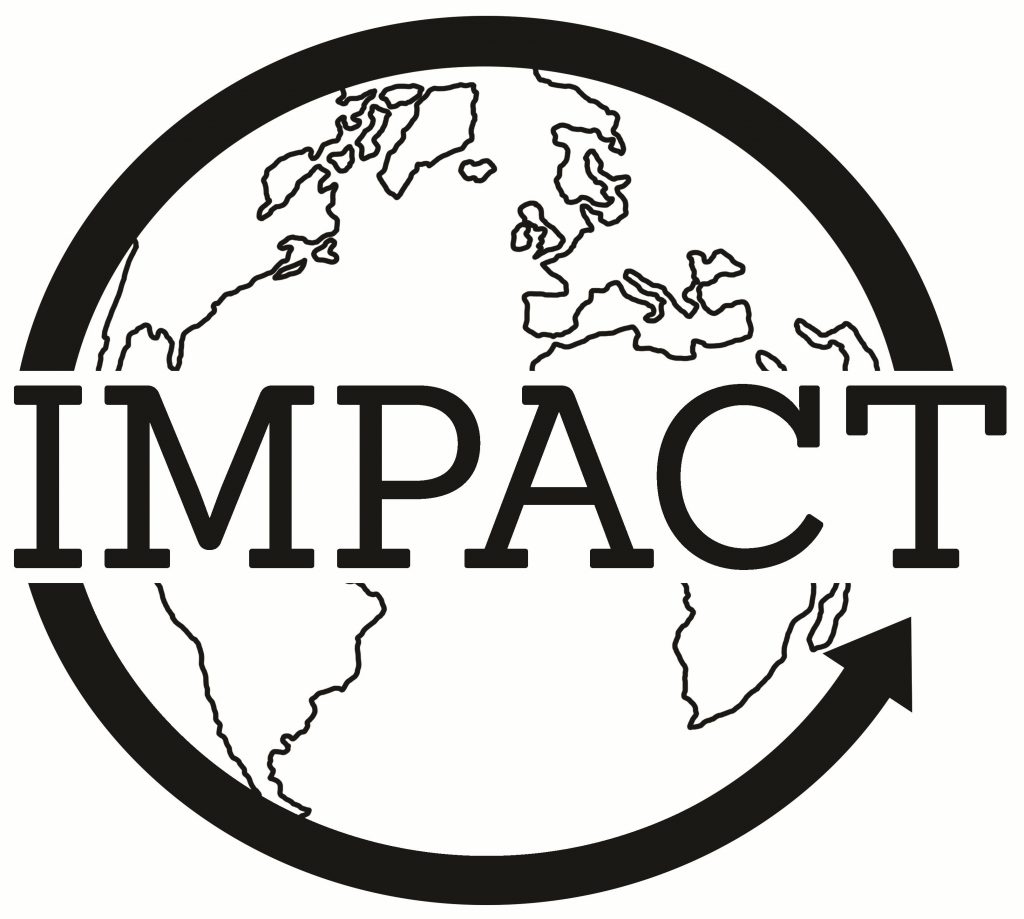
Though CLICHA aims directly on HEIs, its impact is expected to be far wider that originally designed. In particular, the target groups that will use the project’s outputs are the:
Teaching/academic staff of:
- EU HEIs will benefit from the cooperation & brainstorming during the preparation of the educational material and the courses, and they will develop cognitive content that could be useful in their lectures at their HEIs.
- Tunisian HEIs will broaden their horizons & increase their capacity to pass on knowledge, experience and novel learning methodologies by receiving a modern, attractive and full package of educational material, structured courses, media, ICT tools and cognitive content on the subject of Climate Change in Agriculture. Furthermore, they will be trained in ICT technologies and acquire useful skills and tools for their work.
- Technical staff of the Tunisian HEIs will benefit from access to the newly acquired equipment and methodologies.
- Administrative staff of HEIs through expanding their expertise in running/ supporting EU projects
Students in Tunisia will:
- attend exciting modernized courses on CC , its effects on animal and crop production, and the possible measures to be taken. It will be a question of evaluating the appropriateness of integrating in the cognitive aspects the good practices for the adaptation of the agriculture to the CC, in particular soil and water conservation practices, sustainable groundwater use, innovative technologies of irrigation in order to improve agriculture resilience.
- practice on the new equipment, gaining thus a lot in terms of theoretical and field knowledge.
- be lectured by EU Academics & participate in specialized Business fora, enriching their education and experiences, and promoting their access to the professional and work placement.
Other relevant HEIs: Through the intensive dissemination foreseen, as well as through the everyday networking activities of the consortium, other relevant HEIs (especially from North Africa) will have the opportunity to get acquainted with the project, get inspired by the new approach it promotes in regards to the agricultural HE, as well as register and use the e-platform. This will also strengthen the bonds between colleagues in different countries (EU & non-EU), thus creating ideas and opportunities for further cooperation. This will lead to common lectures and publications, mutual visits and a whole new field of work.
Enterprises, businesses, commercial & other companies: In CLICHA project, special attention has been given to the private sector and its live cells – the businesses. Through their participation and implication in the project events and tasks, they will be informed about the opportunities opened in North Africa. They will also acquire and exchange knowledge from the HEIs and other businesses. Finally, they will have the opportunity of working together with the HEIs’ communities and initiating alliances with Academics and students. The involvement of P7, which is directly operating with farmers in Tunisia, would ensure that the project’s achievements will be promoted in the best possible way.
Society: Most of the professionals who develop, lead, manage, teach, work in, and influence society’s institutions are trained in HEIs. By informing them on the phenomenon of CC and training them on how to reduce and/or overcome it, one can hope that they will contribute towards a more climate-neutral & sustainable society. Turning greenis the slogan of our times.
